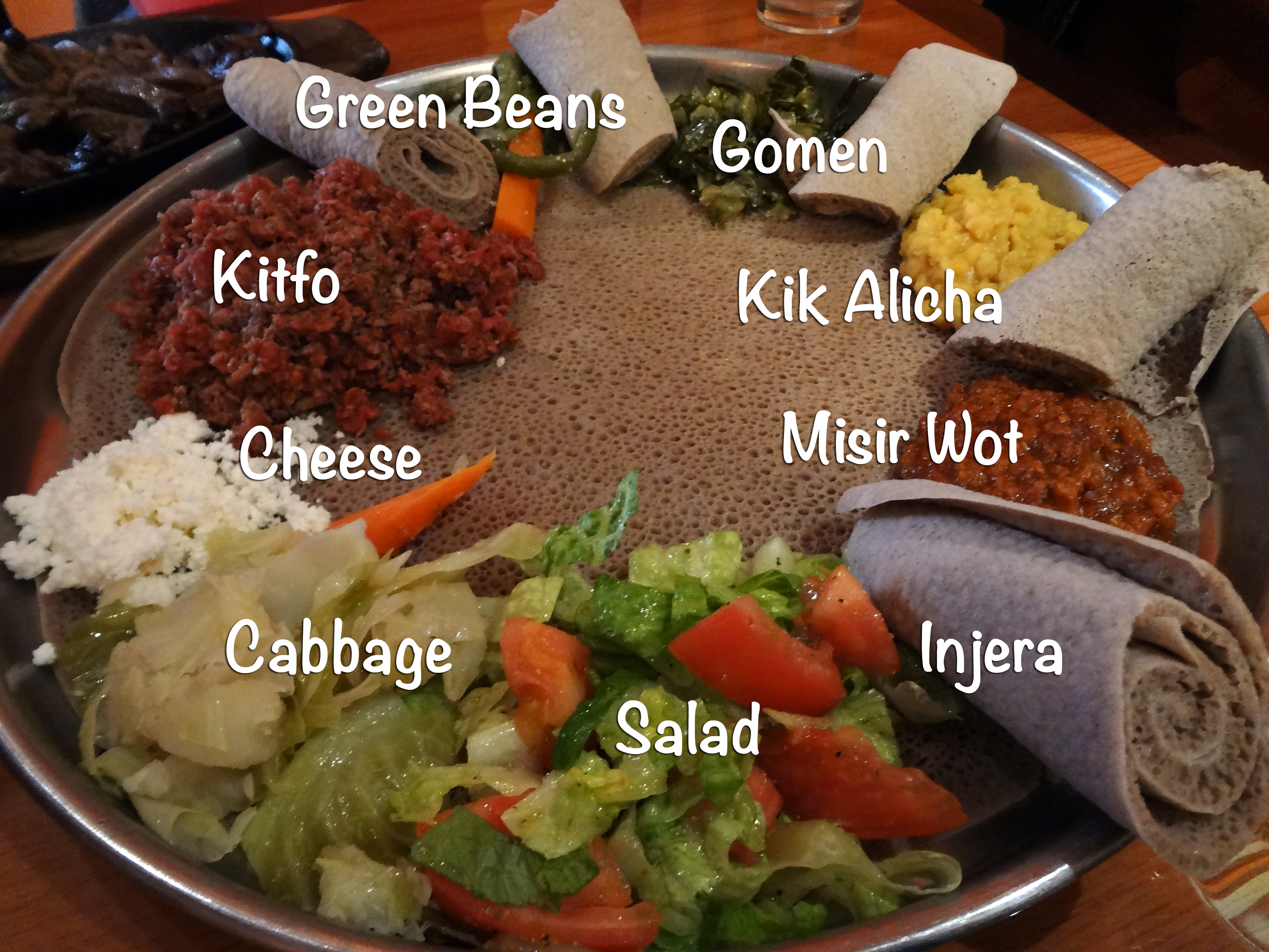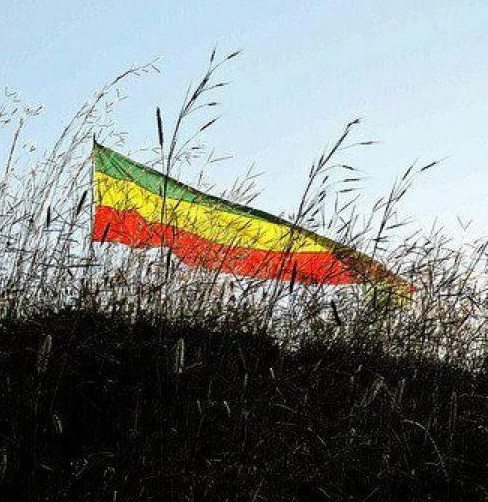22 April 2014
Buzz Ethiopia
1. Food – Ethiopia’s national dish is called “Enjra- bewat.” Ethiopians prefer to eat this spicy stew with injera, a flat, spongy bread. Meals are enjoyed by tearing off a piece of injera and using it to scoop up a big bite of wat. Wat can be made with chicken (doro wat), beef (sega wat), lamb, vegetables and seasoned with berbere, a combination of spices, and niter kibbeh, a clarified butter. It may also be topped off with hardboiled eggs!

2. Religion – Ethiopian Orthodox 43.5%, Muslim 33.9%, Protestant 18.6%, traditional 2.6%, Catholic 0.7%, other 0.7% (2007 Census)

Ethiopia is home to the famous holy city of Lalibela. Nearly all of the city’s residents are of Ethiopian Orthodox faith, and its population peaks during times of religious pilgrimage. Because of its iconic monolithic churches carved into rock, Lalibela is a UNESCO World Heritage site.

3. Tourism – Lalibela isn’t the only “must-see” destination in Ethiopia! In fact, the country has earned the distinction of having the most UNESCO World Heritage sites in the world – nine in total. Many of these destinations are home to mosques, ancient ruins, and jaw dropping landscapes.
4. Language – There are as many as 84 languages spoken in Ethiopia! Although the official language is Amharic, many Ethiopians speak a local language and are instructed in English.

5. Markets – Packed with stands selling everything from exotic fruits and coffee beans to electronic goods and traditional crafts, the Addis Ababa Mercato is Africa’s largest open-air market. Located in the heart of Ethiopia’s capital city, this is the premier destination for locally crafted goods and harvested foods.

6. Rastafari Roots – Haile Selassie I, Ethiopia’s former Emperor, is at the crux of the Rastafari faith and way of life. He is recognized as the God incarnate, or being both divine and human by followers of the Rasta movement.

7. New year Celebrations – The Ethiopian calendar is seven years behind the calendar in the United States. Furthermore, the Ethiopian calendar has 13 months, which causes an even greater difference between our calendars. For example, while the West unwrap presents and sing Christmas carols on December 25th, Ethiopians don’t celebrate the holiday until January 7th by wearing white, and singing and dancing to the beat of drums.

8. Dance – Inspired by the “dancing” of snakes, traditional Ethiopian dance is especially unique. Mainly comprised of fast, rhythmic upper body movements, the dancing is not only beautiful, but tells a story of life, culture, and tradition in Ethiopia. Traditional Ethiopian dance is rooted in thousands of years in history. To catch a glimpse, check out this video.

9. Coffee – Ethiopia is the birthplace of coffee!

10. Civilization – Not only is Ethiopia the birthplace of coffee, but the birthplace of humankind as well! Home to fossils dating back millions of years, Ethiopia is regarded as the cradle of civilization. It is Africa’s oldest state and home to mankind’s oldest human skeletons!

